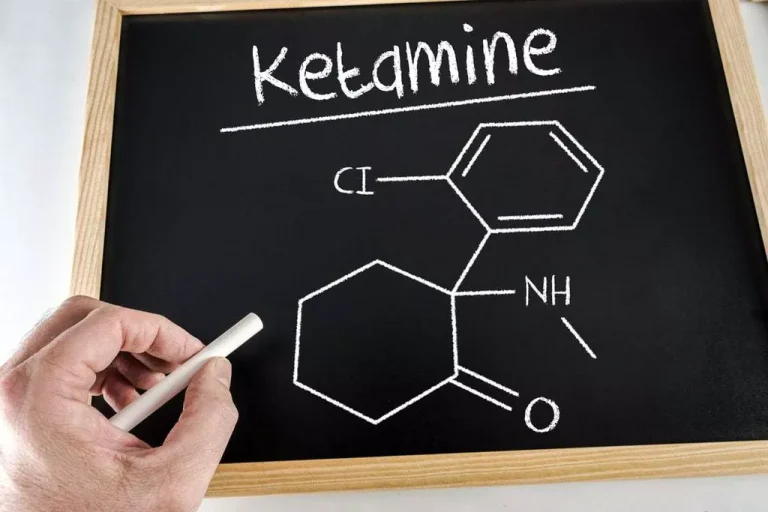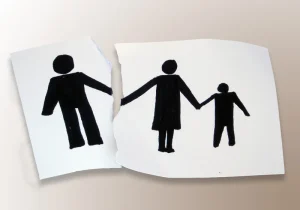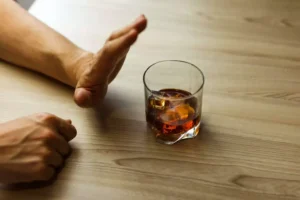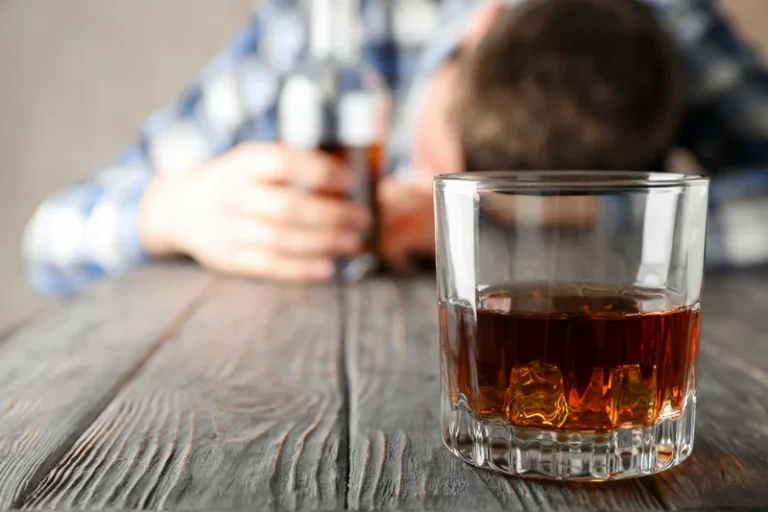
It’s important to have sober friends who will support your recovery. Try taking a class, joining a church or a civic group, volunteering, or attending events in your community. It’s much easier to avoid drinking if you don’t keep https://ecosoberhouse.com/ temptations around. Support can come via therapy, support programs, family, and friends. Teaming up with another person can help people stay accountable. This article explores different strategies on how to stop drinking alcohol.
Stay on top of latest health news from Harvard Medical School.
“Try doing a ‘dry’ month like Dry January, Go Dry for July or Sober October,” says Moore. In January 2020, more than 6 million people reportedly participated in Dry January, a campaign to reduce alcohol consumption organized by Alcohol Change UK. Follow-up research suggested that most tended to drink in healthier amounts afterward. “Once you have a sense of how much you’re drinking, it’s helpful to track how many drinks you’re having per day,” says Witkiewitz. “You could use a calendar, journal or any number of tracking apps.” Drink Control Alcohol Tracker or Less are two examples of free tracking apps available on iOS devices. If you answer “yes” to two to three questions, your symptoms align with mild AUD.

Alcohol support

While some of these changes can be uncomfortable for some time, they will eventually begin to improve the longer you abstain from alcohol use. Establishing new habits and routines, and dealing with the underlying causes of your drinking habits, are essential to lasting recovery. Alcohol also changes tips to quit drinking your brain chemistry, which can result in higher levels of anxiety and depression for the first several months. Finally, just because you’ve gotten past the withdrawal phase doesn’t mean you won’t continue to face psychological aspects of addiction—including alcohol cravings and drinking triggers.
- Depending on what your alcohol habit was like, you may experience fewer or more withdrawal symptoms as you cut back.
- According to Volpicelli, the cognitive changes people can have from drinking—like memory trouble, slowed reaction time, difficulty controlling behavior, and poor concentration—get worse over time.
- That said, If you’ve been drinking excessively, then stopping drinking cold turkey can lead to withdrawal symptoms.
Evaluating the costs and benefits of drinking
Each drinking relapse is an opportunity to learn and recommit to sobriety, so you’ll be less likely to relapse in the future. If certain people, places, or activities trigger a craving for alcohol, try to avoid them. This may mean making major changes to your social life, such as finding new things to do with your old drinking buddies—or even giving up those friends and finding new ones. The symptoms listed above may be a sign of a severe form of alcohol withdrawal called delirium tremens, or DTs. This rare, emergency condition causes dangerous changes in the way your brain regulates your circulation and breathing, so it’s important to get to the hospital right away.
Have a Plan
If you’re living with alcohol use disorder (also known as alcoholism), you’ll likely benefit from additional medical interventions. If you want to quit drinking, start by talking to your doctor. They can recommend treatment options that can help, including therapy and medications. That said, tapering off alcohol doesn’t completely eliminate withdrawal symptoms. Alcohol withdrawal is dangerous and it’s important to be careful throughout the process. Make sure you have access to medical care and social support.
Staying Healthy
- If you want to reduce your alcohol use and stop drinking, there is help and support for you.
- During withdrawal, ensure you have the emotional and physical support you need to make it through.
- Just remember that there is no single approach that works for everyone.
- Belinda Gordon-Battle is a licensed clinical therapist and life consultant based in Miami while providing therapeutic services across the globe.
- Finally, finding a therapist or a recovery coach can help you develop new coping mechanisms and move forward in your life.
American Addiction Centers (AAC) is committed to delivering original, truthful, accurate, unbiased, and medically current information. We strive to create content that is clear, concise, and easy to understand. Hallucinations usually diminish after 7 days, though for some, they can last up to 1 month. By Kendra Cherry, MSEdKendra Cherry, MS, is a psychosocial rehabilitation specialist, psychology educator, and author of the “Everything Psychology Book.” Mental health and wellness tips, our latest guides, resources, and more.
I tried Allen Carr’s Easyway to Stop Drinking Alcohol

Find New Activities to Replace Alcohol
- You may behave irrationally or aggressively when you’re drunk.
- Try to stay focused on your end goal, and call your doctor if something doesn’t feel right.
- Giving up isn’t just for people who’ve hit rock bottom and need AA, it’s for anyone who’s decided drinking alcohol is taking away more from their life than it’s giving.
